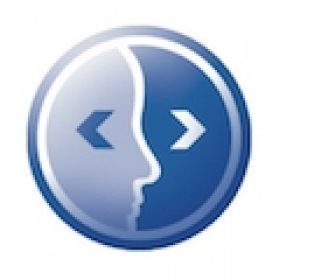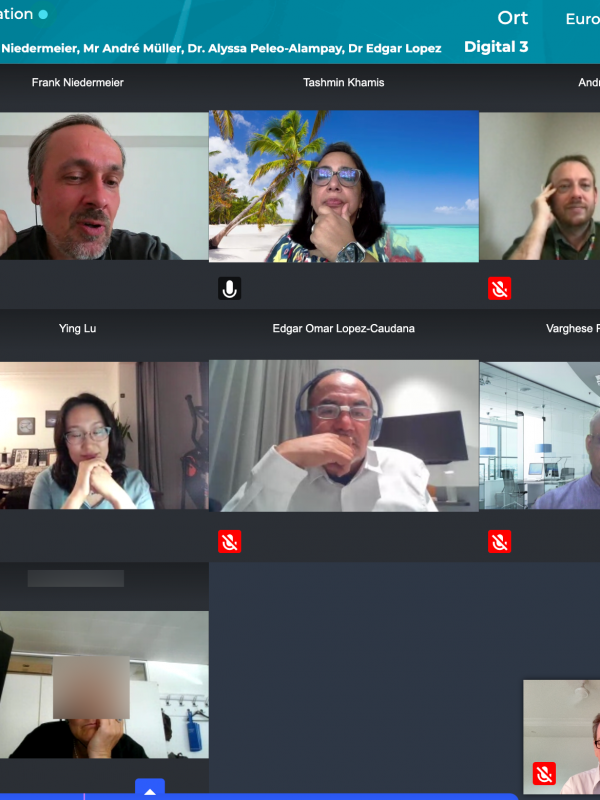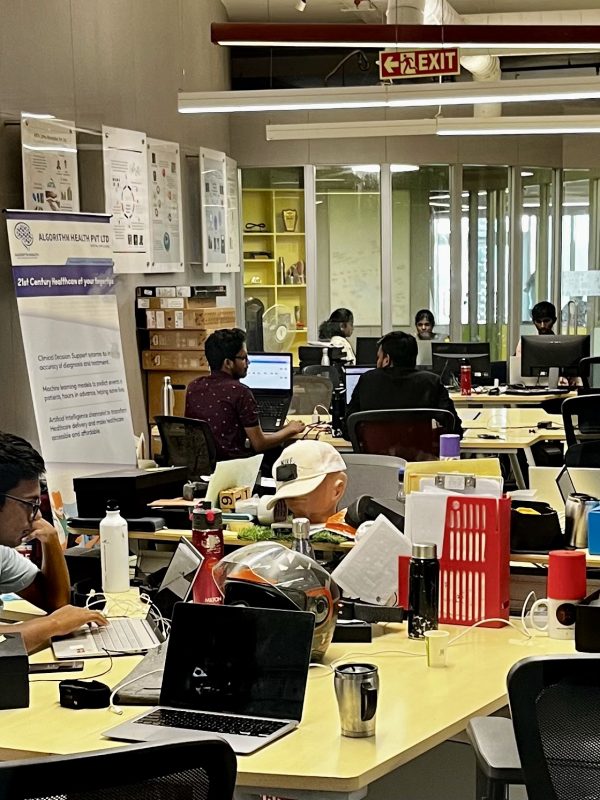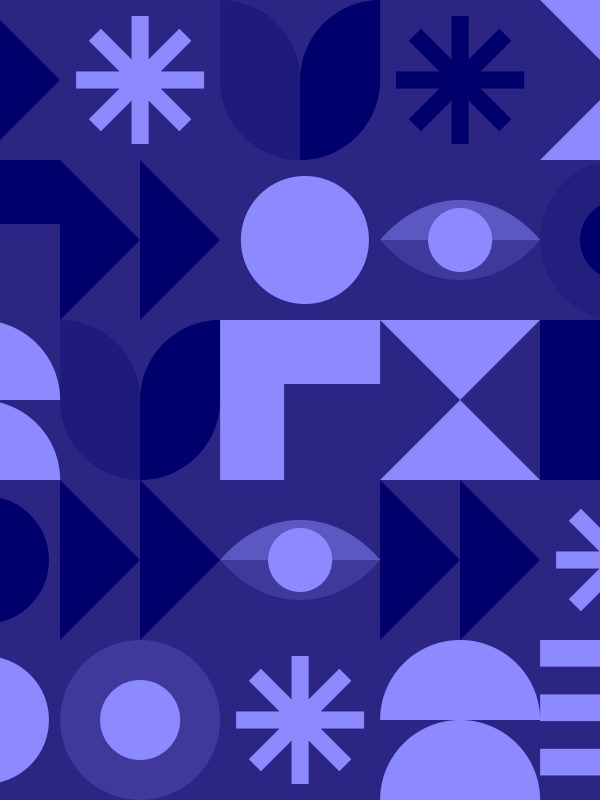Review of the DS2S Regional Meeting in Bangalore: International colleagues from Asia and Germany discussed the development of future skills in higher education. The focus was on learner-centered approaches, cooperation on equal terms, and the opportunities offered by micro-credentials. Companies and universities are seeking new qualification pathways – synergies for higher education are emerging worldwide.
Year: 2024
How do you discover blog posts? – Analysis of my poll at Mastodon (Sept. 2024)
How do you discover blog posts? – Analysis of my poll September 10, 2024 I started a poll on Mastodon to find out […]
The Concept of Educational Technology as a Kaleidoscope of Digital Education
Educational technology is a central concept when it comes to the digitalization of education. The contradictions and isomorphisms it contains shape the development […]
Inspiration from the STRENGTH project workshop in Dresden
Innovative methods for developing digital skills for migrant women were presented at the STRENGTH project workshop in Dresden. The focus was on targeted media use, self-learning and collaboration. The LASLLIAM concept for literacy in the second language, which promotes an organic image of skills, was particularly exciting.
(Un)common Grounds for Higher Education
Our workshop at the UFFestival brought together higher education experts from six non-European countries to share their views and experiences on improving the quality and access of higher education. The discussions covered topics such as didactic innovations, racism, inequality, and hybrid teaching methods that ensure access in times of crisis.
India: Unemployment rate of educated youth growth
The ‘India Employment Report 2024,’ issued by the International Labour Organization (ILO) and the Institute of Human Development (IHD), is the latest publication on the employment situation in India with a focus on youths and women. According to the report, there is an increase in the employment rate, but the prospects for well-educated young individuals remain bleak.
Designing Postdigital Futures – Who against and why? A comment on a comment
In the context of discussing alternative narratives for digital educational technology, the paper “Designing Postdigital Futures” raises important points but also leaves some questions unanswered. It criticizes the dominant “engineering logic” in educational technology without clearly defining its targets or proposing how an alternative design approach could solve the problem.







